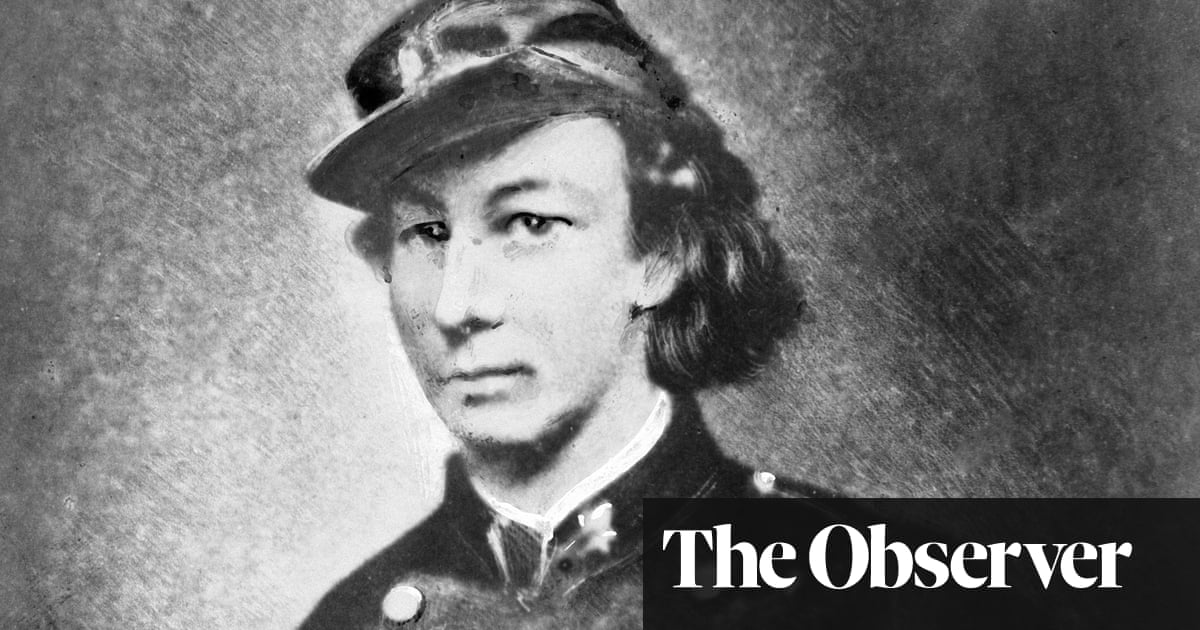The stories of three notable dissidents are the springboard for a fascinating study of exile and its effects
When Louise Michel – teacher, anarchist, and revolutionary-in-exile – arrived in London after seven years banishment in the South Pacific, she brought five cats with her. Escorted from the ship under the coats of sympathisers, the oceanian felines, exhausted from their 10,000-mile journey, recovered quickly when presented with “an enormous bowl of milk” under the doting eye of their mistress. Back in Paris a few years later – cats in tow – Michel tried to explain her solicitude for the fragile animals. Taken from New Caledonia, her place of exile, to France, the land of her birth, the cats represented to Michel something elusive, precious, instinctual; hard to find, easy to lose. They reminded her, she said, of home.
And although William Atkins’s Exiles is framed by the pain and self-discovery of exile, it’s home that draws his subjects out; raises them up; and pulls them back, in the end, to where they began. Exile isn’t, as Atkins shrewdly comments on Ovid’s poems on the theme, a place so much as a process, a movement. All three of Atkins’s subjects – Michel; Russian anthropologist Lev Shternberg, and deposed African king Dinuzulu – discover that it’s a movement that can last a whole life. As another of the book’s luminaries, Victor Hugo, notes: once an exile, always an exile. You can go back to the place you started from. But you can never go home. Continue reading...
http://dlvr.it/SPgpy1
http://dlvr.it/SPgpy1


إرسال تعليق